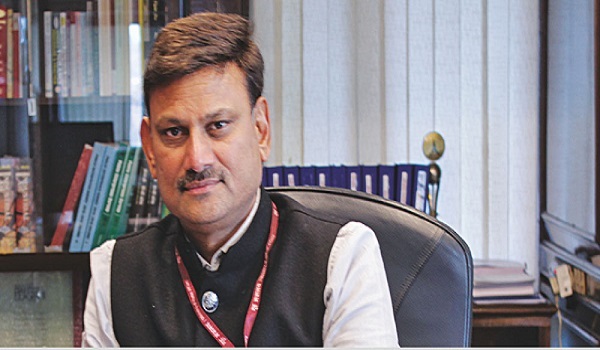The Food Safety and Standards Authority of India (FSSAI) has announced that its central advisory committee is recommending a substantial extension in the licencing period for food business operators (FBOs). The proposal suggests that licences, which were typically issued for one year, could now be granted for a duration of up to five years. This development was brought to light during the 41st session of the Central Advisory Committee (CAC), a crucial meeting convened in Tirupati, Andhra Pradesh.
During the meeting, G. Kamala Vardhana Rao, CEO of FSSAI, diligently reviewed the progress of food product sampling across various states and Union Territories (UTs). He urged the states and UTs to uphold compliance with the stipulated standards. The event witnessed active participation from more than 50 officials, including Commissioners of Food Safety (CFS), representatives from states and UTs, high-ranking officials from FSSAI, nodal ministries, and members representing diverse sectors like the food industry, consumers, agriculture, laboratories, and research bodies, as stated by FSSAI.
The key highlight of the gathering was the CAC’s recommendation to eliminate the necessity for the annual renewal of licences for FBOs. Instead, licences could potentially be issued for a period of up to five years, granting FBOs a greater sense of stability. This proposition aligns with the Ease of Doing Business initiative and addresses a significant request from the food industry.
G. Kamala Vardhana Rao also shared insights from his meeting with the Executive Officer of Tirumala Tirupati Devasthanams (TTD) in Tirumala, Andhra Pradesh, emphasizing the establishment and enhancement of laboratories, training for food handlers, and modernizing canteen infrastructure under the Eat Right India initiatives. This endeavour will enable rigorous testing of vital raw materials like ghee, milk, and spices, enhancing the quality of food served to over 2.5 lakh daily pilgrims.
FSSAI’s commitment to promoting hygiene protocols such as Hazard Analysis of Critical Control Points (HACCP) for food handlers was emphasized. Rao additionally urged states and UTs to swiftly identify and implement 100 healthy and hygienic food streets across the nation with support from the Government of India.
The CEO highlighted the significance of fortified rice in addressing micronutrient deficiencies, particularly among children and pregnant women. FSSAI aims to raise awareness about this initiative in rural areas through various campaigns. He also set a target for states to train 25 lakh FBOs under the FoSTaC program within the next three years.


